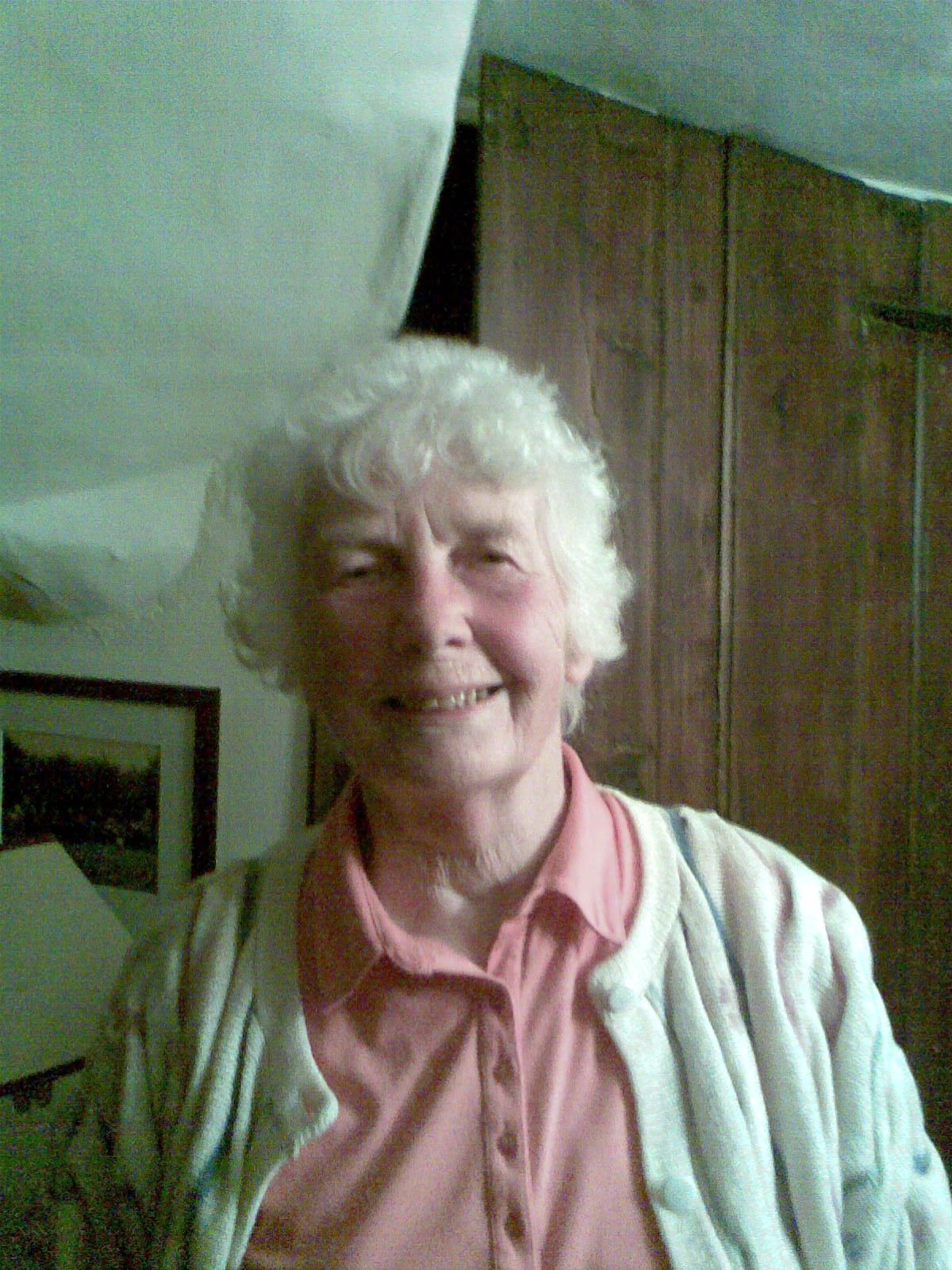 This is a continuation of my piece last week about the way in which we use stories. I told the story of the very different way in which my wife and I use stories. Both ways are “true” but reflect the different emphasis we place on facts. My family saw stories in the same way as ancient bards saw them-as a way of conveying an inner truth. My wife’s family uses stories to illustrate an external truth- such as Boyle’s law or something similar. I suggested that we had needed to learn to hear each other’s stories and not dismiss them because they did not fit our particular schema.
This is a continuation of my piece last week about the way in which we use stories. I told the story of the very different way in which my wife and I use stories. Both ways are “true” but reflect the different emphasis we place on facts. My family saw stories in the same way as ancient bards saw them-as a way of conveying an inner truth. My wife’s family uses stories to illustrate an external truth- such as Boyle’s law or something similar. I suggested that we had needed to learn to hear each other’s stories and not dismiss them because they did not fit our particular schema.
As both a psychiatric nurse and a counsellor I hear lots of stories. I hear from my psychiatric patients that the IRA are out to kill them. Or that they are controlling the events they are seeing on the television news. The patient who believed this was deeply troubled by her belief. She saw herself as being personally responsible for the deaths she was watching.
Another patient whom I see for counselling was badly treated by her mother as a child. Her father apparently did not intervene to stop the abuse. One consequence of this is that my patient has a chequered history with men. Her story is that she must be a very wicked person to be so deservedly punished. Another patient comes and tells me about their difficulties in a rather detached tone of voice-as if describing someone else’s life. Yet when associating to a dream, their responses were much more affective. Some real feelings began to emerge.
What links each of these people is their use of stories to illustrate their truths. My work is to listen to the stories. To hear them, value them and help my patients think about the ways in which these stories are used. So my psychotic patient was expressing both her horror at what she was seeing. Her own horror at her own history. And, perhaps, an awareness of her own capacity for violence. Or a fear of her belief in her capacity for murder and hatred. (“Tread softly, for you tread on my dreams.”)
My patient who sees herself as wicked is, in part, using a story to protect herself from confronting the way in which her parents treated her. Easier to believe that I am wicked than to have to face the knowledge of my parent’s cruelty. This knowledge raises too many difficult questions. Similarly my ” detached” patient tells stories in a remote, sardonic way which protects them from the knowledge of their emotional emptiness. (“We are the hollow men. We are the stuffed men.”)
My work, with my patients, is to honour the stories. And to help them find new ones which tell a new story. Not to rewrite their histories, which would be dishonest. But to find stories which reflect a new truth which is true because they are renewed. And need a different story.
Don't give up







